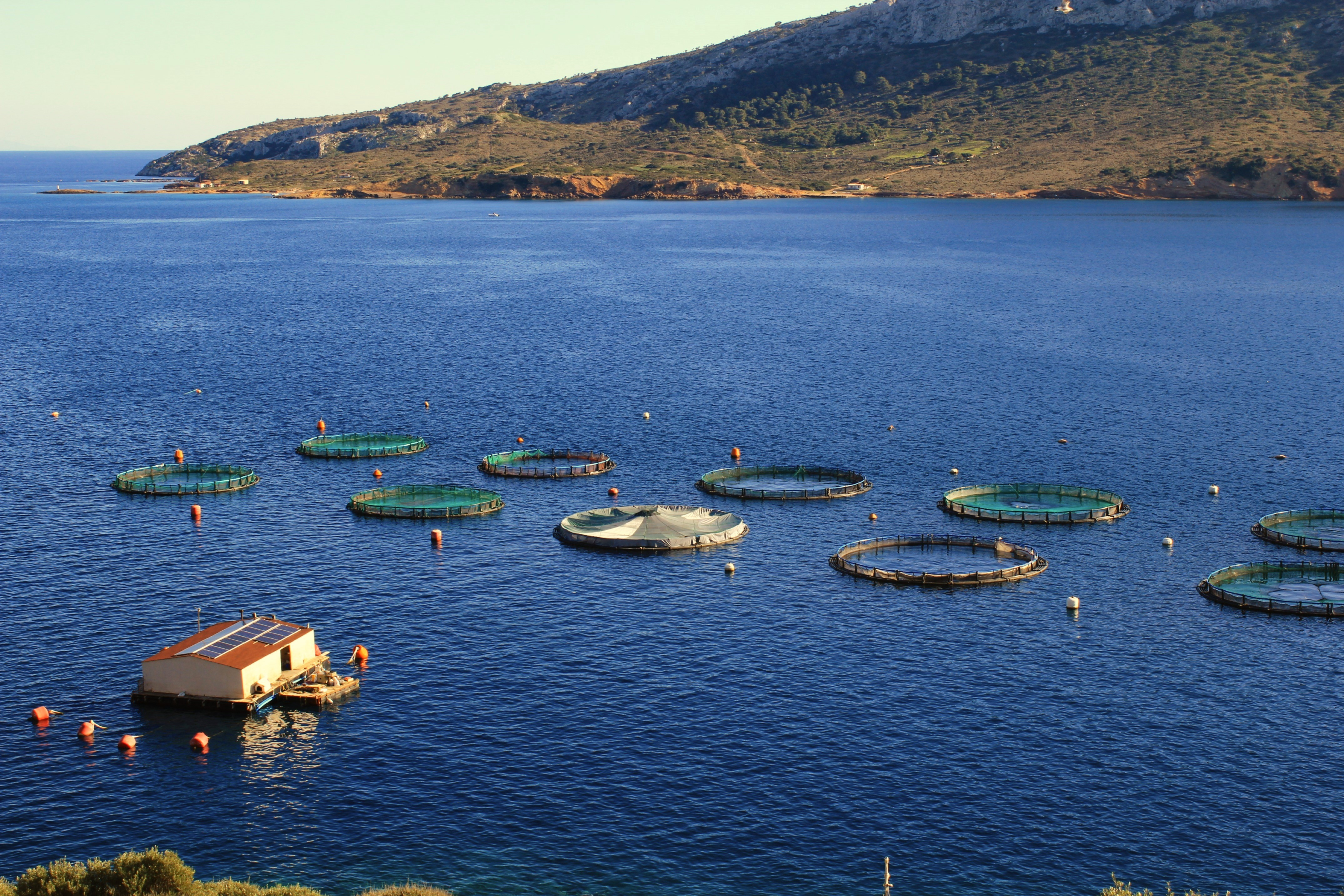The aquaculture industry's path to integrated management

Chile is the second-largest producer of salmon in the world after Norway, concentrating 26% of world production. In 2020, the Latin American country harvested 1,043,144 tons according to the Chilean Salmon Council. Maintaining production of this scale in a meticulous manner requires an ecosystemic approach that includes the management of industrial waste, involvement with the communities in the areas of influence, and proper management of legal responsibilities.
The accelerated evolution experienced by the industry has led to an increase and complexity in all areas; with a pace that is difficult to maintain, the only way to comply with the obligations is by incorporating analytical and predictive technology that allows obtaining updated data for assertive decision-making and automating operations. Only in this way can sectoral permits, Environmental Qualification Resolutions and the registration of environmental components, among others, be managed in an agile manner.
Management of the different areas involved in the salmon industry can be simplified by using Software as a Service (SaaS) technology. This allows the industry's various problems to be addressed in an integrated manner through centralized information management.
Environment: Ensuring long-term viability
The effects that the salmon industry has on biodiversity in the context of climate change are impossible to ignore. Impacts range from pollution from industrial waste on beaches, water, and seabed, to the use of chemicals and antibiotics.
To deal with this problem, it is necessary to identify and measure the generation of industrial waste throughout the different production stages. Only with traceability is it possible to manage each type of waste generated and mitigate its impacts. At the same time, reporting on progress and successes in waste management is equally important and something that is of concern to communities, which value the incorporation of this area into a company's policies.
According to information from Chile's Environmental Evaluation Service, of a total of 2,045 salmon industry projects approved between 1996 and 2019 in the regions of Los Lagos, Aysén and Magallanes, only 11 (0.5%) prepared an Environmental Impact Study and 2,034 (99.5%) submitted an Environmental Impact Statement.
The development of businesses associated with the use and interaction with natural resources, such as the salmon industry, is compatible but demanding, and it is here where it is necessary to incorporate technology to achieve environmental and social compliance in a balance that ensures long-term viability.
Encouraging community participation
Another of the most relevant and urgent challenges to be addressed by industry stakeholders is to recover and rebuild trust with communities. Currently, there is a distance between the decision-making spaces and the rural territories, which has generated several conflicts. This year, a company installed cage rafts in the bay of Puyuhuapi without consulting the community of the sector, generating the immediate rejection of the inhabitants and authorities of the commune.
In order to prevent this type of conflict, early participation of the communities is essential, as is participation in follow-up and monitoring. There are three principles to follow for proper community relations:
- Transparency: Of protocols for unexpected events, community participation and when considering support mechanisms to make up for asymmetry in access and understanding of data.
- Ecosystemic View: Joint and preventive planning system for industrial waste management, legal responsibilities for the entire life cycle; and promoting the design of a management model that considers the spectrum of activities.
- Forward-looking: promote life-cycle responsibility.
Due to the high requirements, it is necessary to sophisticate the way of relating with the communities, opening and strengthening communication channels and recording interactions, for which the use of digital data storage and processing systems will be decisive. Thanks to these, the capacity of companies to provide information and educate communities about progress in areas such as environmental management, seeking sustainable development of operations with the least possible impact on the environment and communities, is increasing.
Adopting formal commitments
In July 2020, a Chilean salmon company was sentenced to pay a fine of more than US$ 190,000 after being found guilty of submitting unreliable and untimely information to the inspection body. Salmon-producing companies are encouraged to adopt written commitments at the management and board level while moving towards the adoption of higher standards in all areas.
This strategy is possible through the adoption of software tools that control compliance with all the regulations applicable to the company and follow up on each of the obligations acquired to control the legal risks associated with the business.
For the actors in this industry, it is essential to have standardized information, not only for the inevitable audits but also for the dialogue with the communities in the territories covered.
In this next stage of development, technology is one of the industry's best allies and cannot be ignored and even less seen as an expense, it is a necessary investment.


